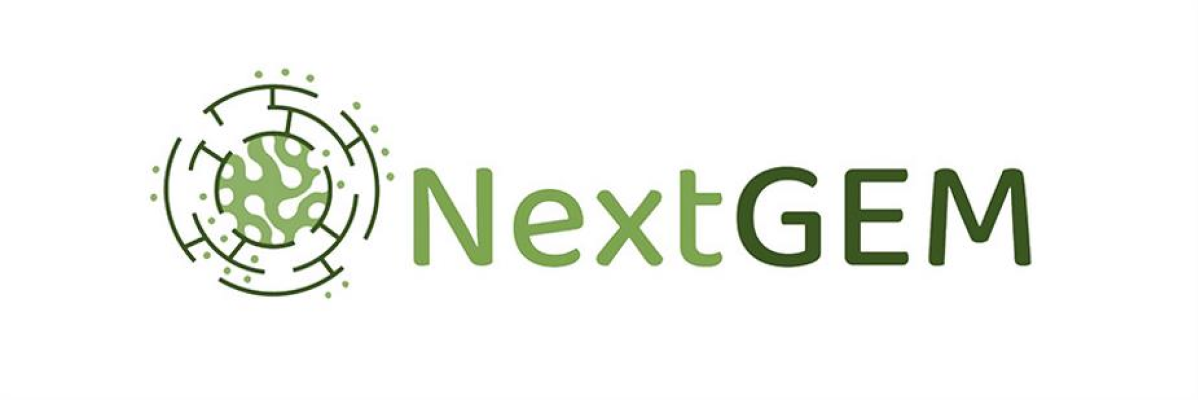Smart Sensor Systems research group to be a partner in European research on 5G
29 September 2022
The Smart Sensor Systems research group will be a partner in the European research project NextGEM for the next 4 years. In this project, 20 institutions from 9 countries are investigating the potential health effects of...

The Smart Sensor Systems research group will be a partner in the European research project NextGEM for the next 4 years. In this project, 20 institutions from 9 countries are investigating the potential health effects of exposure to electromagnetic fields (EMF exposure) from 5G systems. NextGEM received funding from the Horizon Europe research and innovation programme last summer. The project team is investigating whether EMF exposure causes health issues in people, whether changes are caused at a cellular level, and even whether there could be a link to cancer.
Remarkably, this is the first major European research project in which The Hague University of Applied Sciences is participating. "NextGEM fits seamlessly into what we are already working on in the research group. We were already developing measurement equipment to monitor 5G signals. The project came our way through our network and we were able to join in. In addition to The Hague University of Applied Sciences, TU Delft, RIVM, and Agentschap Telecom are also participating from the Netherlands," says project leader and lecturer-researcher Erdal Korkmaz, who is affiliated with the Electrical Engineering programme and Digital Operations & Finance Centre of Expertise.
Contributions
With so many partners, tasks are well divided. "The project is divided into several work packages. Our contribution mainly involves mapping state-of-the-art measurement technologies. If necessary, we can also design new hardware in cooperation with TU Delft. We are also responsible for carrying out one of the three case studies in which actual measurements are taken by volunteers. The volunteers will wear a measurement vest developed by us. That vest has sensors designed to monitor EMF exposure."
Several challenging projects will also emerge during the NextGEM project for engineering programmes, especially for students in the Electrical Engineering, Engineering Science, and Mechatronics degree programmes.
Impact of the results
A large section of society has doubts or fears when it comes to the use of 5G and electromagnetic fields. Thorough and reliable research on this topic is therefore highly relevant. "Besides NextGEM, there are three other consortia doing similar research. So in a few years, it will be very interesting to see if their findings match ours. If so, we will be able to say with even greater certainty whether 5G has any health effects and what these might be. That is absolutely what we are aiming for," Erdal states.
Want to know more?
If you would like to know more about this research, please contact Erdal ([email protected]) or check out the NextGEM website.